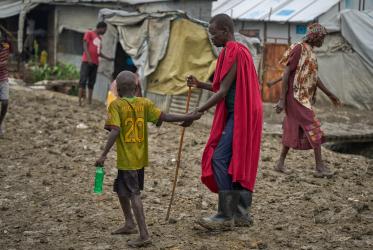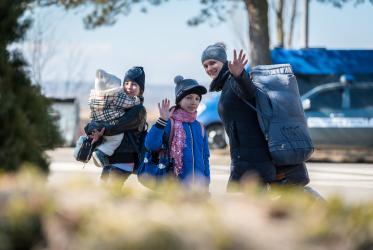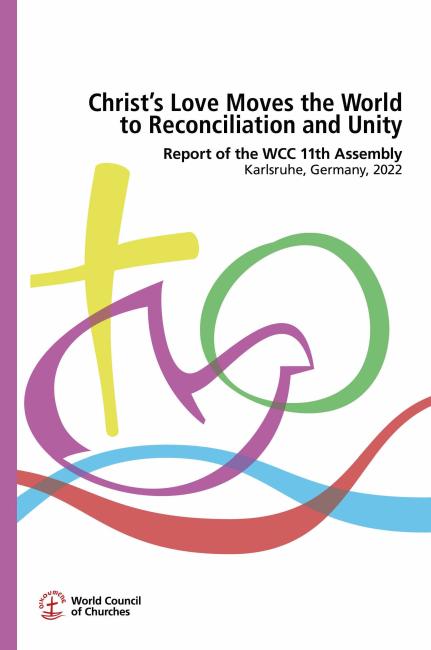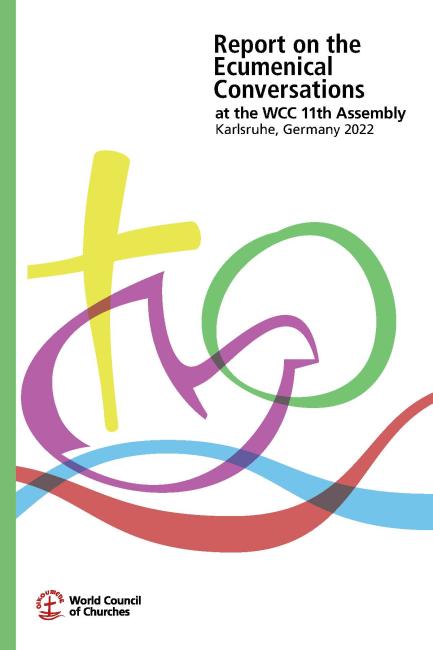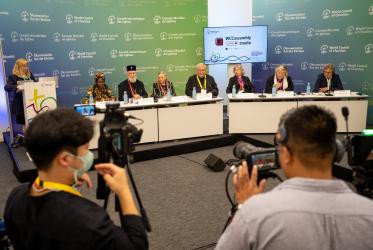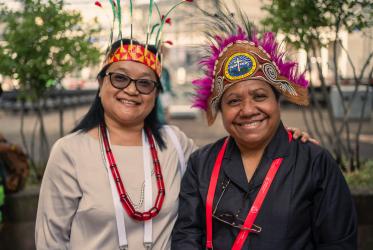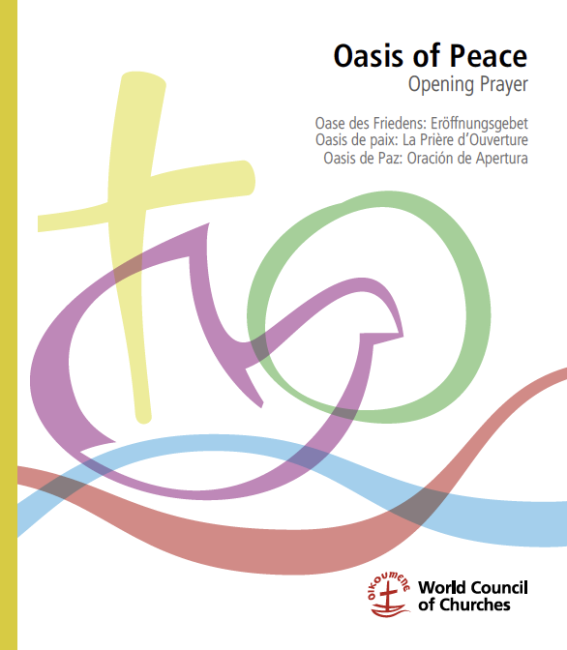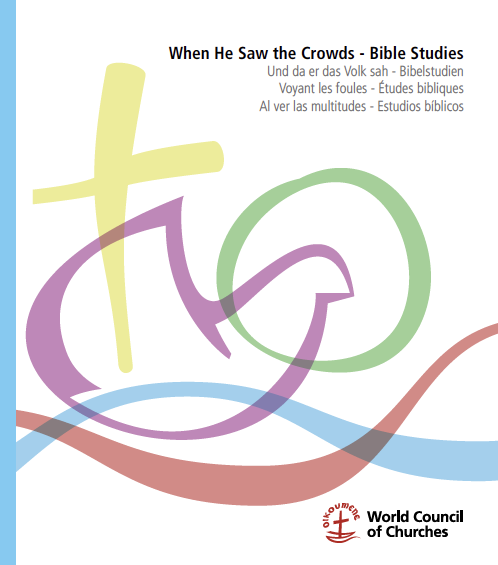Displaying 1 - 20 of 106
Towards a Global Vision of the Church Volume I
Explorations on Global Christianity and Ecclesiology, Faith and Order Paper 234
14 November 2022
Christ’s Love (Re)moves Borders – GETI 2022 in images
13 September 2022
Indigenous women struggle for identity in Asia and beyond
05 September 2022
Women with disabilities want to belong in churches
31 August 2022
Oasis of Peace Opening Prayer
30 August 2022
When He Saw the Crowds - Bible Studies
15 August 2022

